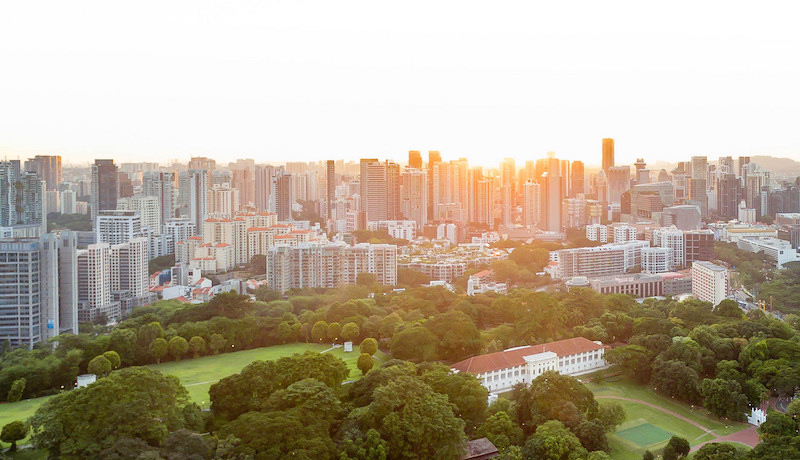For those who don’t know, short-term rentals are illegal in Singapore — and that includes those on home-sharing platform Airbnb, which features more than 300 listings here. The Urban Redevelopment Authority (URA), which has investigated over 1,000 private residential properties for violating the minimum stay duration of six months between 2014 to 2016, has now upped its game to investigate about 600 properties from January to September this year alone.
Most of these offenses take place in condominiums.
Even though some progress has been made — like when the government cut the minimum rental period for private homes to three months in June this year — that still doesn’t officially allow users to book Airbnb homes without being at risk of breaking the law.
According to the URA, this prohibition of sites like Airbnb in Singapore is to protect the “living environment of neighboring residents”.
A spokesperson told Channel NewsAsia that residents usually notify the URA when they suspect misuse in their estates, and the recent increase in public feedback could in part be due to greater public awareness of the regulations.
“All feedback will be investigated and URA works closely with the managing agents and management corporations on the investigations,” the spokesperson said.
But in most cases, after the offenders have been served enforcement notices, they usually comply with the requirements, and there’s no need for further action.
“In considering the appropriate enforcement action to be taken, URA will take into account the specific circumstances of each case,” URA explained. “If the offenders are recalcitrant or fail to comply with our requirements following enforcement actions, they are liable to be charged in court.”
Airbnb hosts that Channel NewsAsia spoke to said they are approaching the situation with a cautious, “wait-and-see” attitude. But in the eyes of the URA, while the owners are “primarily responsible” for the offense, occupants can be subject to investigation as well — even though there haven’t been any cases of tourists inconvenienced by investigations.
Despite the government claiming to be considering creating a new class of private homes to be approved just for short-term rentals, alongside a public consultation on short-term stays that was launched more than two years ago, nothing concrete has emerged yet. However, the URA stated that it plans to carry out another public consultation to review the guidelines.
Under the Planning Act, offenders who convert the use of a property for short-term accommodation without approval from the URA can be fined a maximum of S$200,000 and/or slapped with a jail term of up to 12 months.




